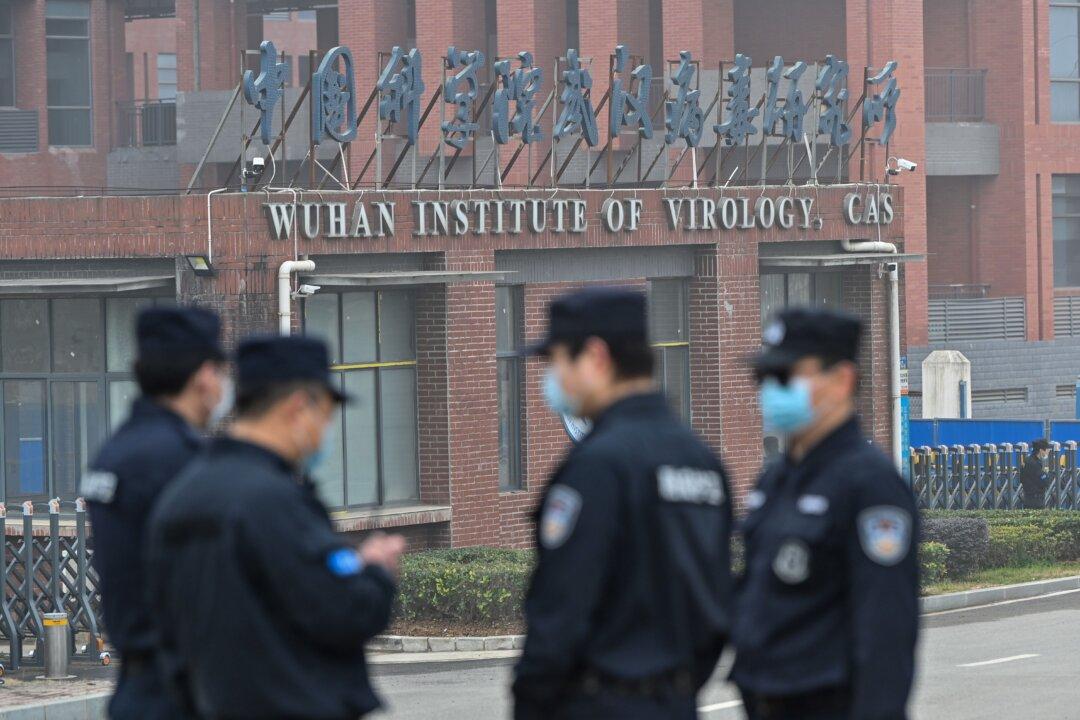University of San Diego (USD) said it will not punish a professor who has been under investigation in the past two months after writing in his personal blog about the Chinese regime’s role in the global pandemic.
The investigation stemmed from a Mar. 10 blog post, in which USD law school professor Thomas Smith cited an excerpt of a Wall Street Journal article concerning Beijing’s unwillingness to cooperate with international experts in their mission to establish the origin of the CCP (Chinese Communist Party) virus.





